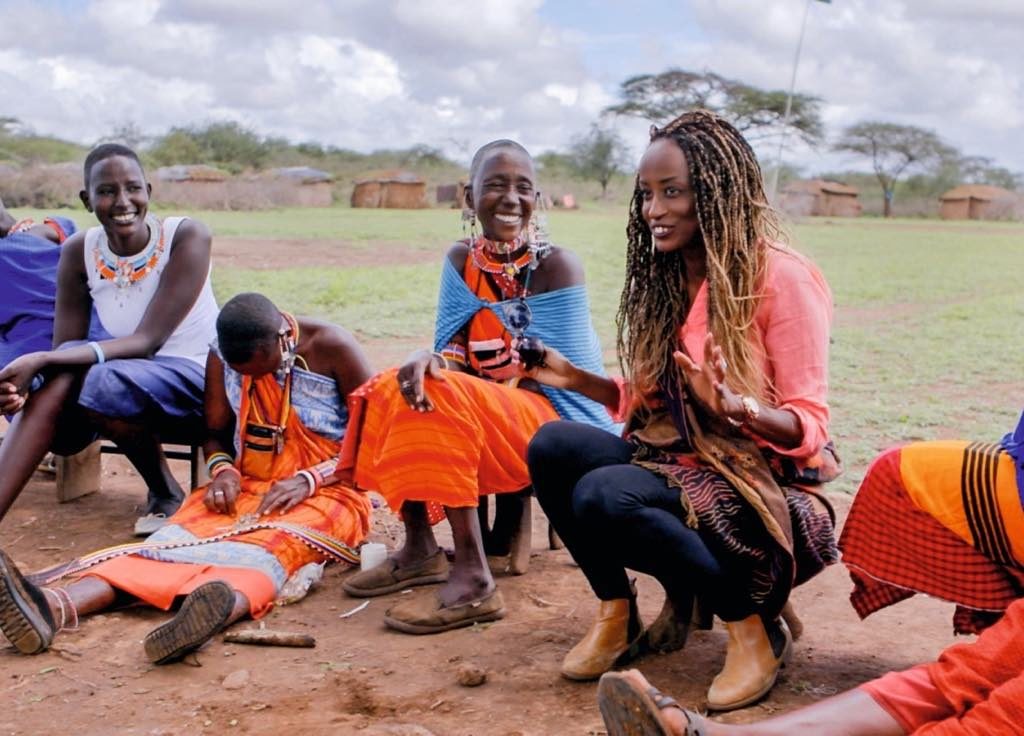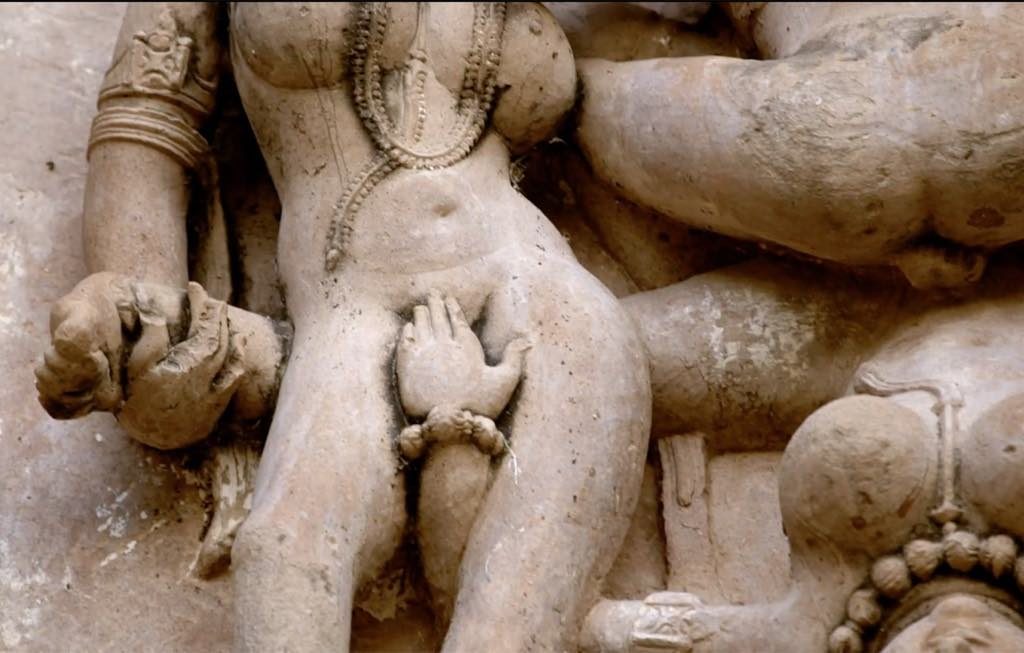
The documentary #Female Pleasure doesn’t have much to do with France per se (except that a few scenes were shot in Paris), but its themes are universal, and I was dismayed to learn that this well-made documentary of compelling interest has had only limited distribution in France. Although its title has a pornographic ring to it, it is by no means a film about being sexy or having sex. Made by Swiss director Barbara Miller, it tells the stories of five women who have suffered greatly in their lives just from the fact of being women and having a woman’s sex organs.

Each case is shocking in a different way. In Japan, the cheerful artist Rokudenashiko, full of irrepressible giggles, was actually arrested for making a mold of her vulva and turning it into colorful (and pretty much unrecognizable) artworks. This in a country where it is perfectly acceptable to carry a large sculpture of a penis through the streets during a popular Shinto festival while crowds of onlookers stand around sucking on penis-shaped lollipops.
Female genital mutilation was the fate of a UK-based Somali woman Leyla Hussein and some 200 million other women around the world who have undergone female “circumcision.” Just how barbaric this practice is is graphically demonstrated by Hussein when she uses an oversized clay model to show a group of shocked young men how the procedure of cutting young girls’ genitalia is done, from the least to the most disfiguring practices. The latter is so drastic, leaving just a small opening to the vagina, that sex and childbirth are extremely difficult and painful for a woman who has undergone it. Hussein does not mince words: for her, this is not “female circumcision” but sexual assault.

Deborah Feldman grew up in a Hasidic community in Brooklyn and, after being forced into an arranged marriage at 17, had to “have intercourse with a man I didn’t know” and quickly became pregnant. The lack of freedom and education for women in her community was unbearable for her, and it wasn’t long before she filled her car with her belongings and her little son and drove away to the secular world. Her family reacted by preparing her gravestone and telling her they couldn’t wait to dance on her tomb. She regularly receives death threats.
Then there is a German woman, Doris Wagner, who at 19 became a nun in a “spiritual family” called The Work and lived in a mixed-sex convent. Her faith was greatly shaken when she was raped by one of the priests and her reports of the assault were ignored by the hierarchy – her letters to the pope himself went unanswered. When she told her mother superior about it, the older woman scolded her harshly, but then told her she was “forgiven.”

Vithika Yadav lives in India, where arranged marriages are also the norm. Although women are commonly harassed and groped, any mention of sexuality is verboten in the land of the Kama Sutra. As in Feldman’s Hasidic community, “the concept of love does not exist in India,” she says.
The portrait of each woman depicted here is fully realized, and each one’s current life and efforts to change the world are well documented, offering a glimmer of hope through five women who have managed to build new lives for themselves.
Do try to see this moving film if you can. It will be screened at Le Balzac on June 3, UGC-Cité-Ciné Les Halles on June 7, the Etoile Saint-Germain on June 10 and the Majestic Bastille on June 16. See the film’s Facebook page for details.
Favorite